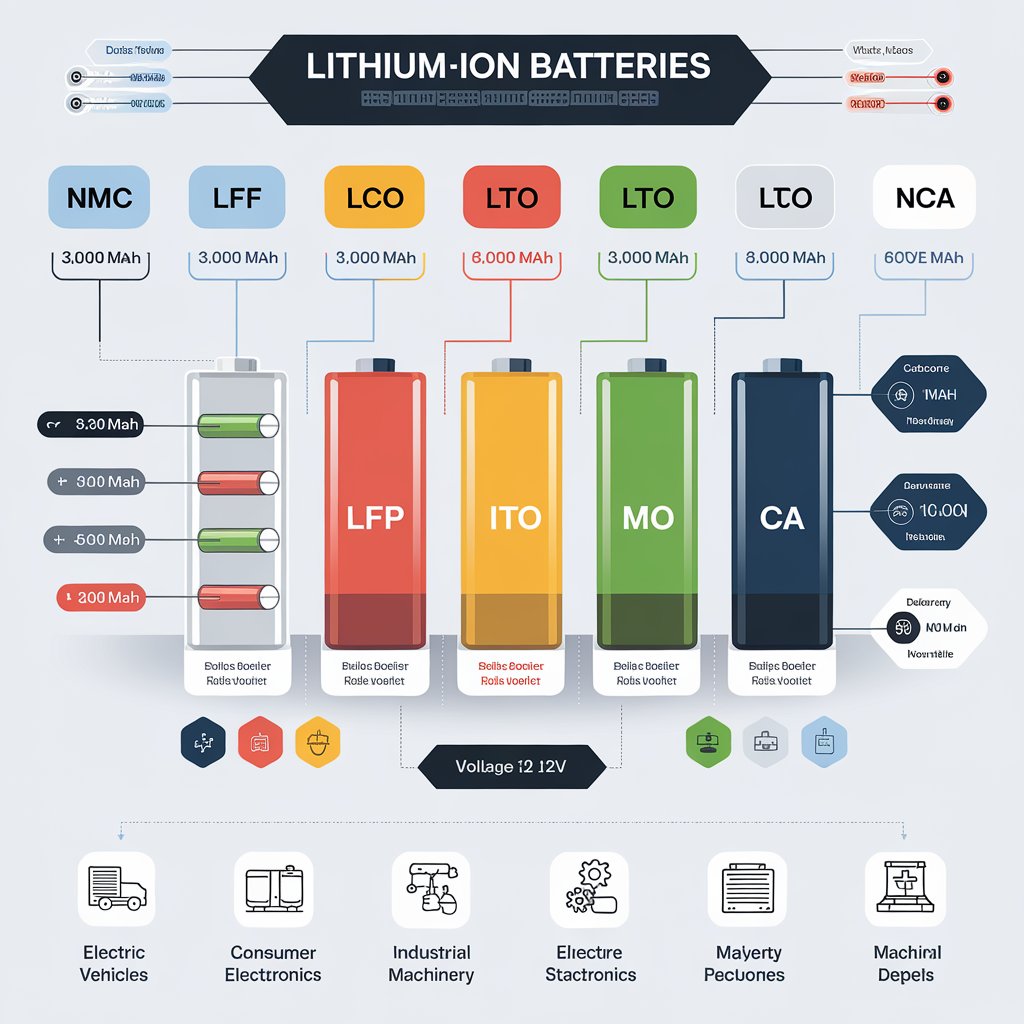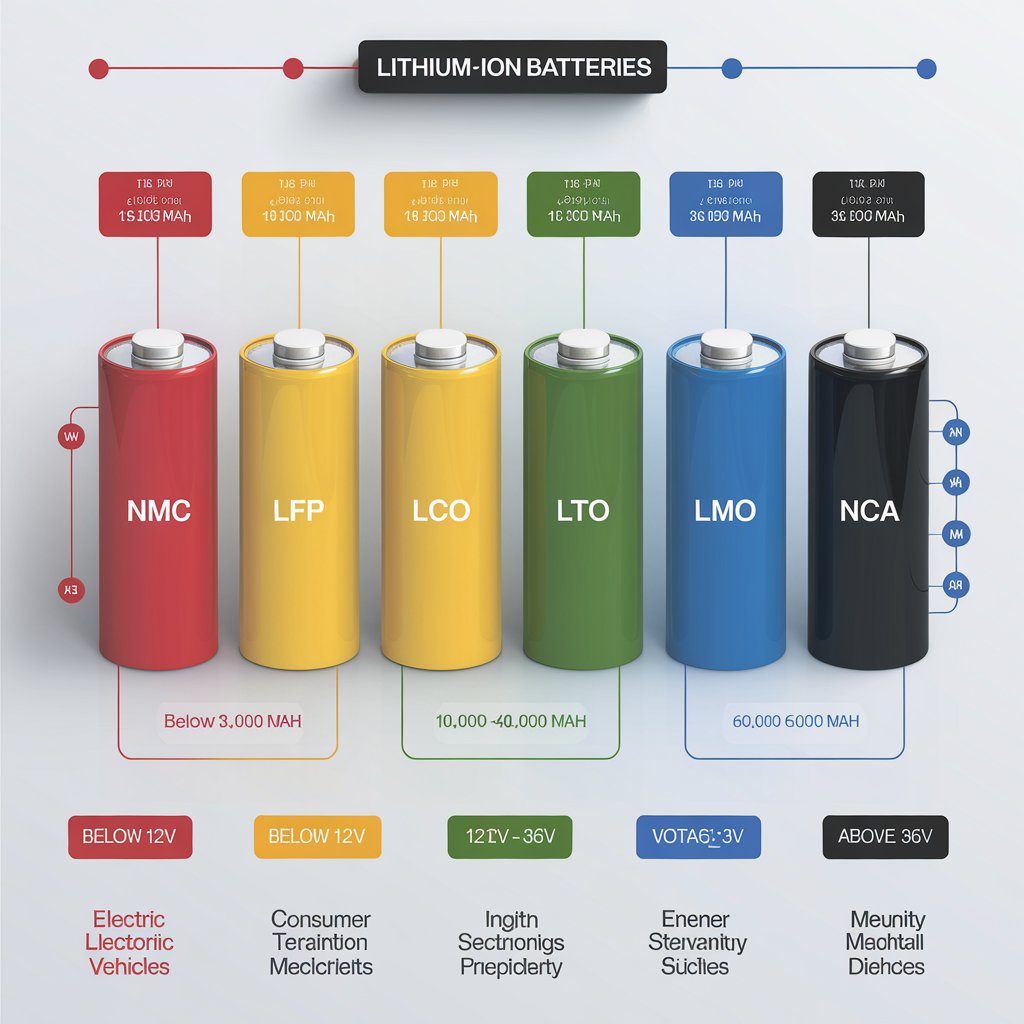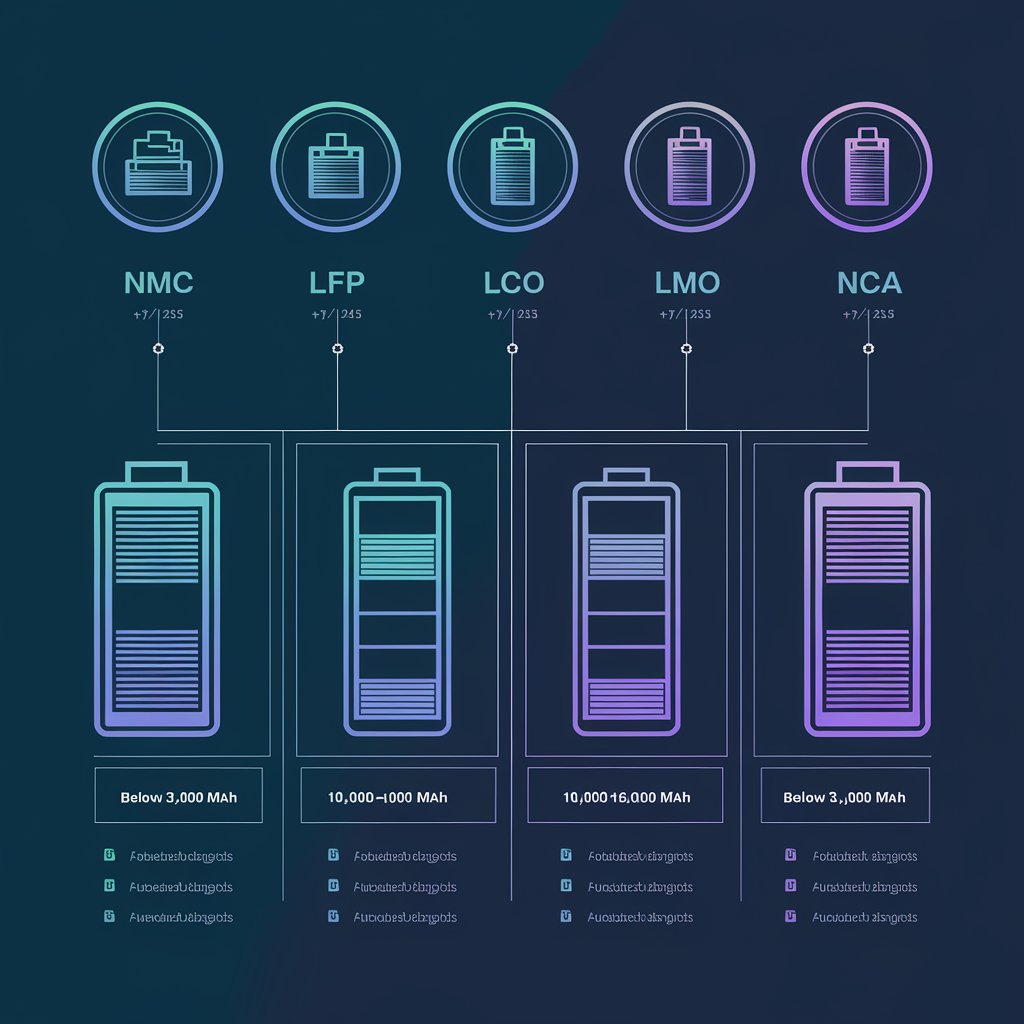The automotive lithium-ion battery market is experiencing significant growth, driven by the rapid adoption of electric vehicles (EVs), advancements in battery technology, and increasing investments in sustainable energy solutions. As governments push for cleaner mobility and automakers transition to electrification, lithium-ion batteries (Li-ion) are at the heart of this transformation. This article explores key trends, growth factors, and innovations shaping the future of this dynamic industry.
Download PDF Brochure @ https://www.marketsandmarkets.com/pdfdownloadNew.asp?id=49714593

Market Growth and Demand Drivers
The global shift toward electrification of transportation is the primary factor fueling the expansion of the lithium-ion battery market. According to industry reports, the automotive lithium-ion battery market is projected to grow at a double-digit CAGR over the next decade. Several factors are contributing to this growth:
- Rising EV Adoption: Major automakers are committing to an all-electric future, with companies like Tesla, General Motors, and Volkswagen investing heavily in EV production. The declining costs of lithium-ion batteries have made EVs more affordable, further boosting demand.
- Government Regulations and Incentives: Many countries have set ambitious targets to phase out internal combustion engine (ICE) vehicles and promote EVs through subsidies, tax incentives, and stringent emission norms.
- Energy Density and Performance Improvements: Ongoing research and development (R&D) efforts are improving battery energy density, lifespan, and charging speeds, making EVs more efficient and practical for mainstream consumers.

Key Trends Shaping the Market
- Advancements in Battery Chemistry
Battery manufacturers are exploring alternative materials, such as solid-state batteries, lithium-iron-phosphate (LFP), and silicon-anode batteries, to enhance performance, safety, and longevity. Solid-state batteries, in particular, promise higher energy density and faster charging times, potentially replacing conventional Li-ion batteries in the future. - Fast-Charging and Ultra-Long Battery Life
Automakers and tech companies are working on fast-charging solutions that can reduce charging time to minutes rather than hours. Companies like Tesla, CATL, and QuantumScape are investing in new battery architectures that improve charging efficiency while maintaining long cycle life. - Sustainable and Ethical Battery Production
With the rising demand for lithium, cobalt, and nickel, concerns over ethical sourcing and environmental impact are gaining attention. Battery makers are focusing on recycling initiatives, second-life battery applications, and developing cobalt-free batteries to reduce reliance on scarce and expensive raw materials. - Battery Swapping and Modular Battery Systems
Innovations like battery swapping stations and modular battery packs are emerging to make EV ownership more convenient. Companies like NIO have successfully implemented battery swapping technology, allowing users to replace depleted batteries in minutes rather than waiting for charging. - Integration of AI and Smart Battery Management Systems (BMS)
Artificial Intelligence (AI) and smart battery management systems are revolutionizing how lithium-ion batteries operate. These systems optimize power delivery, improve thermal management, and extend battery lifespan, leading to more efficient EVs.

Challenges and Future Outlook
Despite its growth potential, the automotive lithium-ion battery market faces challenges such as:
- Raw Material Supply Constraints: Lithium and nickel shortages could impact battery production, leading to higher costs and supply chain disruptions.
- Recycling and Waste Management: Proper disposal and recycling of used batteries remain critical to ensuring sustainability. Governments and companies are investing in closed-loop recycling technologies to minimize waste.
- Charging Infrastructure Development: Expanding the global EV charging network is essential to support widespread EV adoption. Governments and private enterprises are ramping up investments in fast-charging stations and wireless charging technologies.
The future of the automotive lithium-ion battery market is promising, with technological advancements, policy support, and market expansion driving rapid growth. As EVs continue to replace traditional gasoline-powered vehicles, innovation in battery technology will remain a key focus for manufacturers and researchers. The industry is moving towards higher efficiency, lower costs, and more sustainable battery solutions, ensuring a cleaner and more energy-efficient future for transportation.
